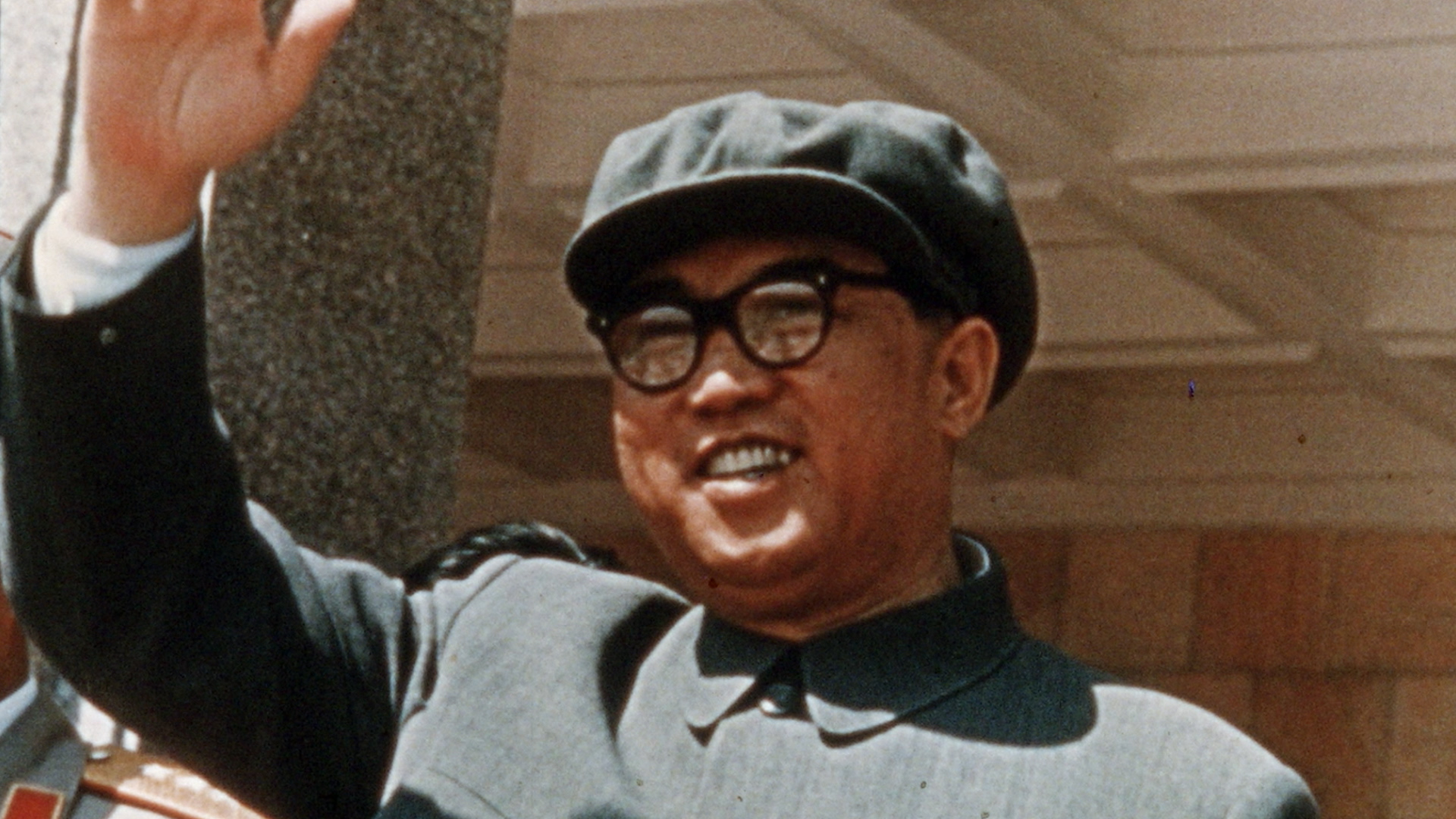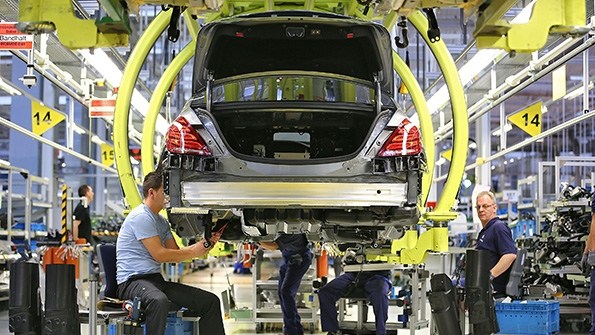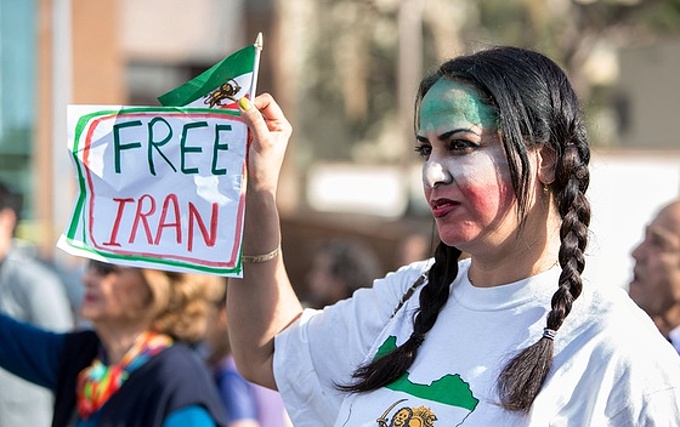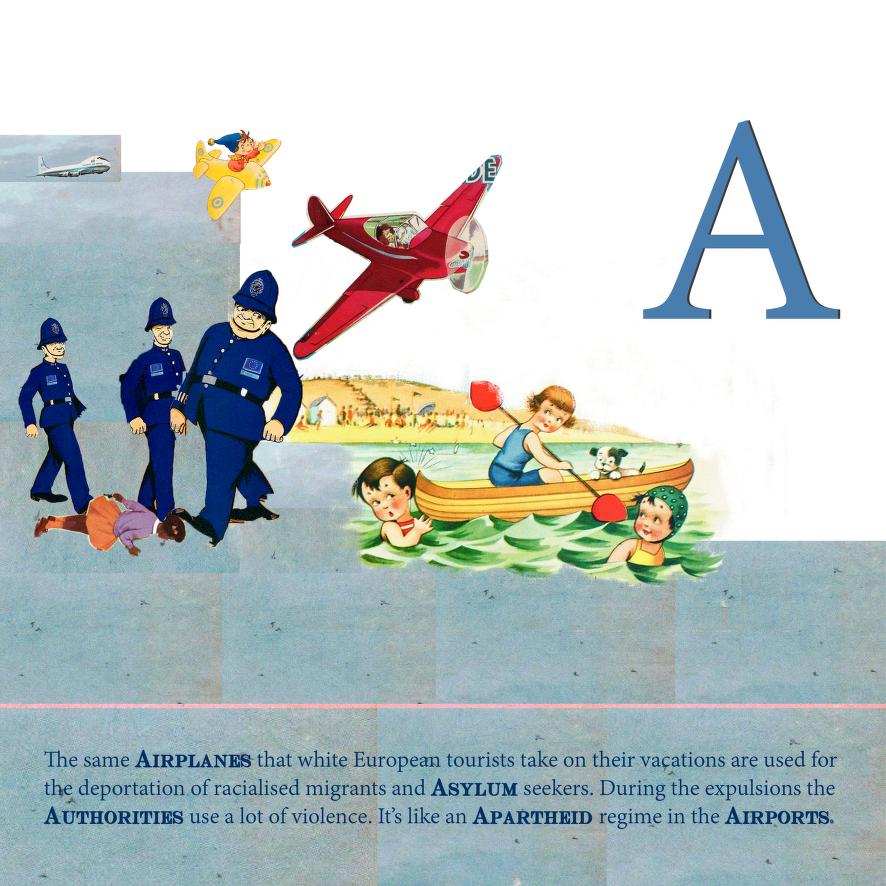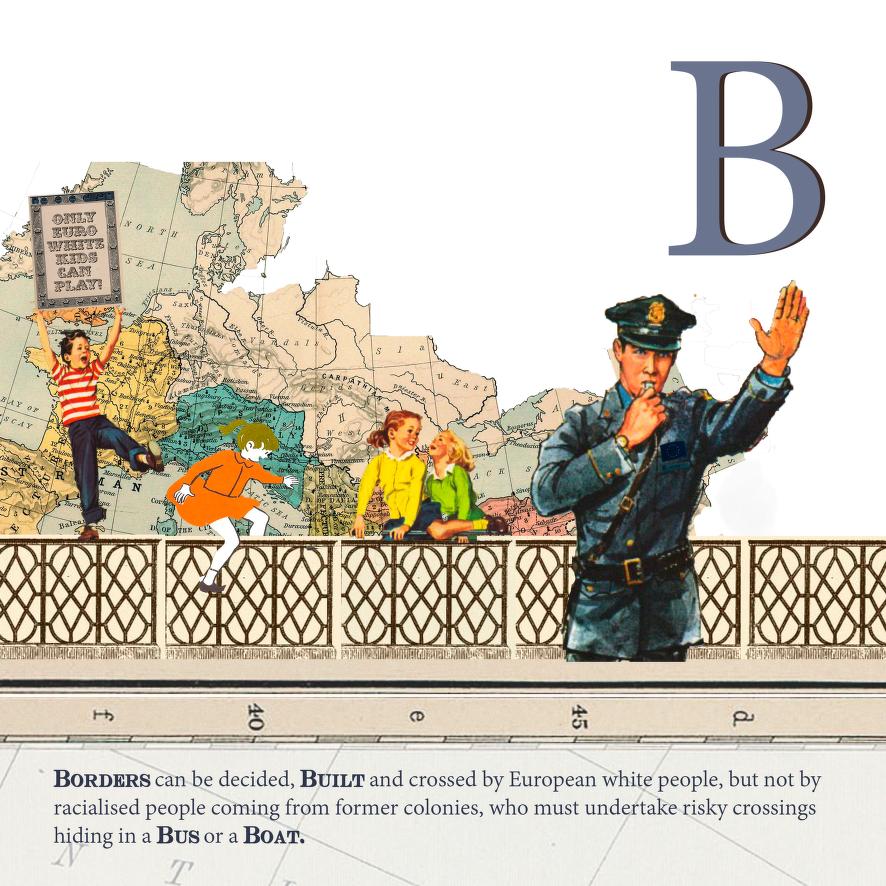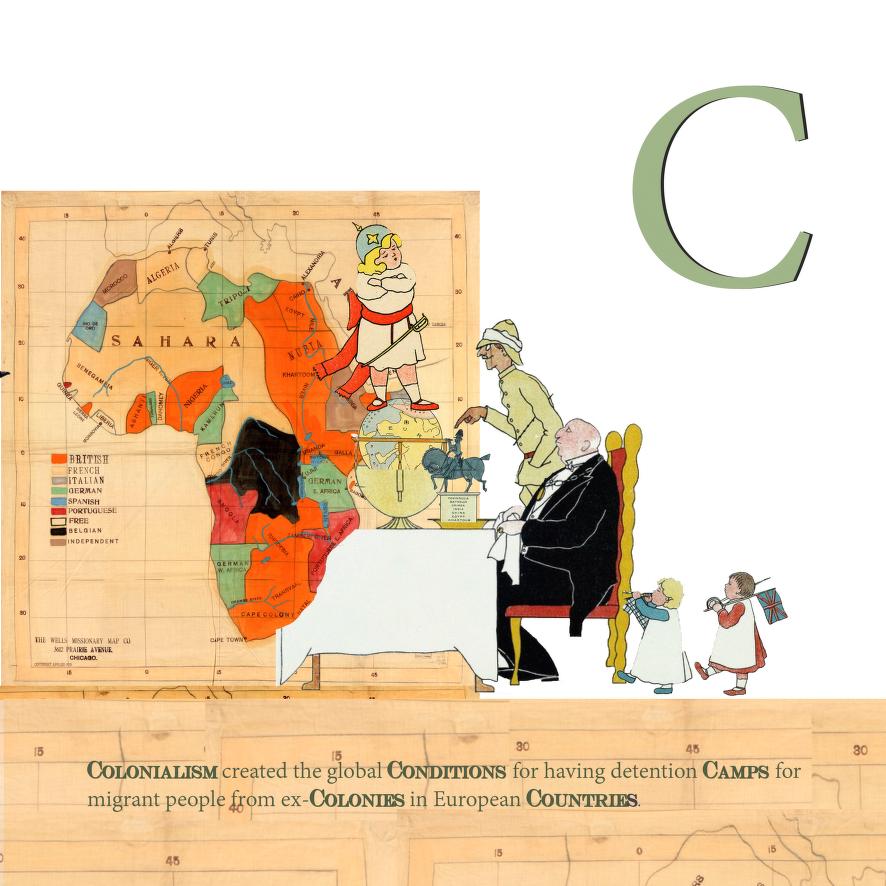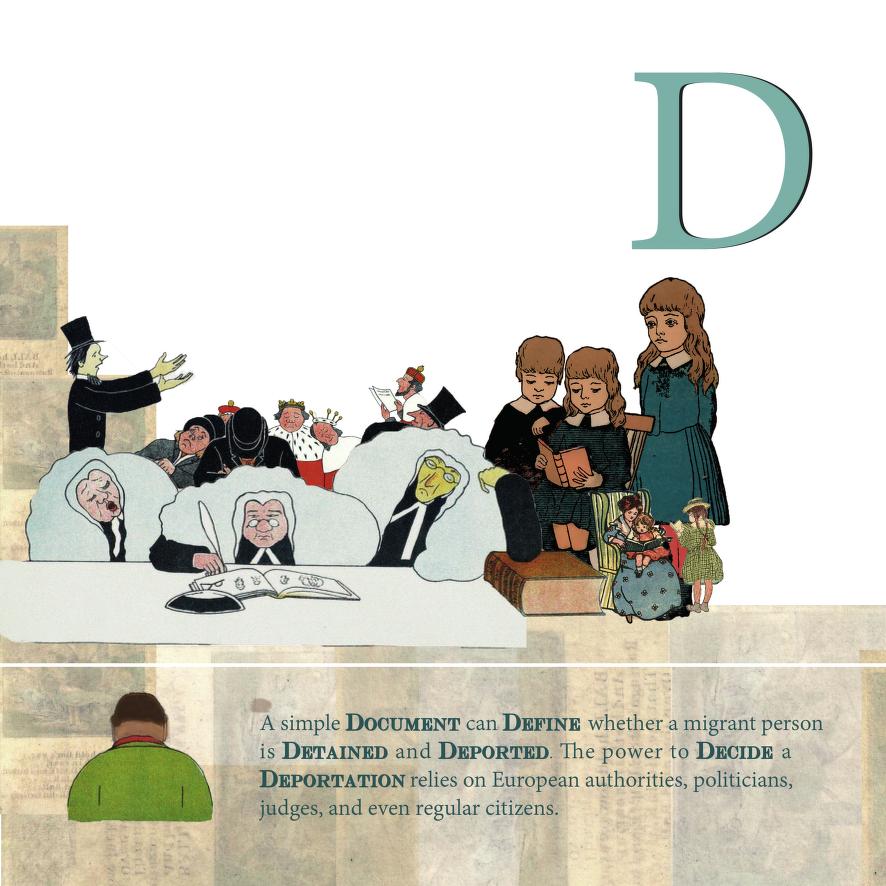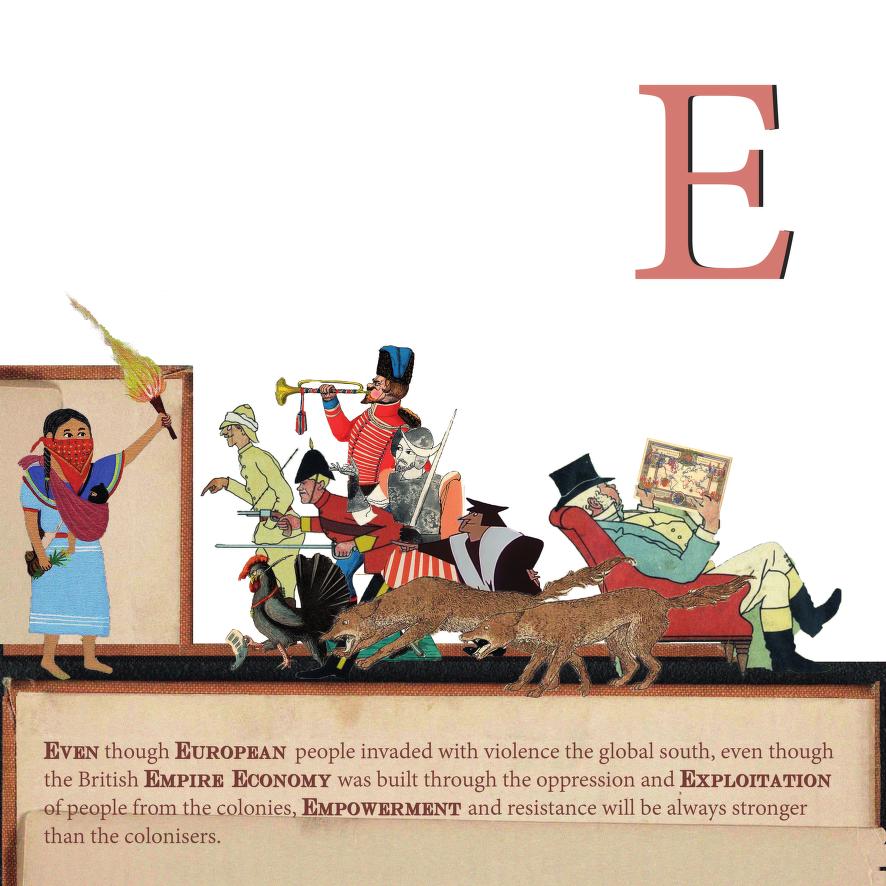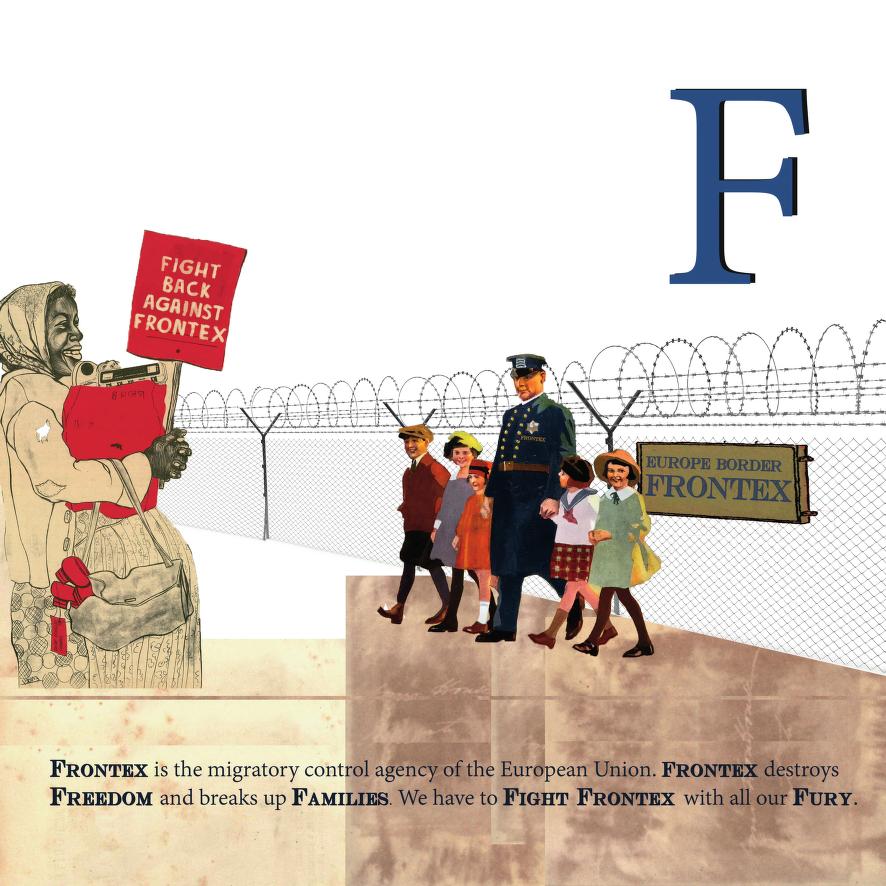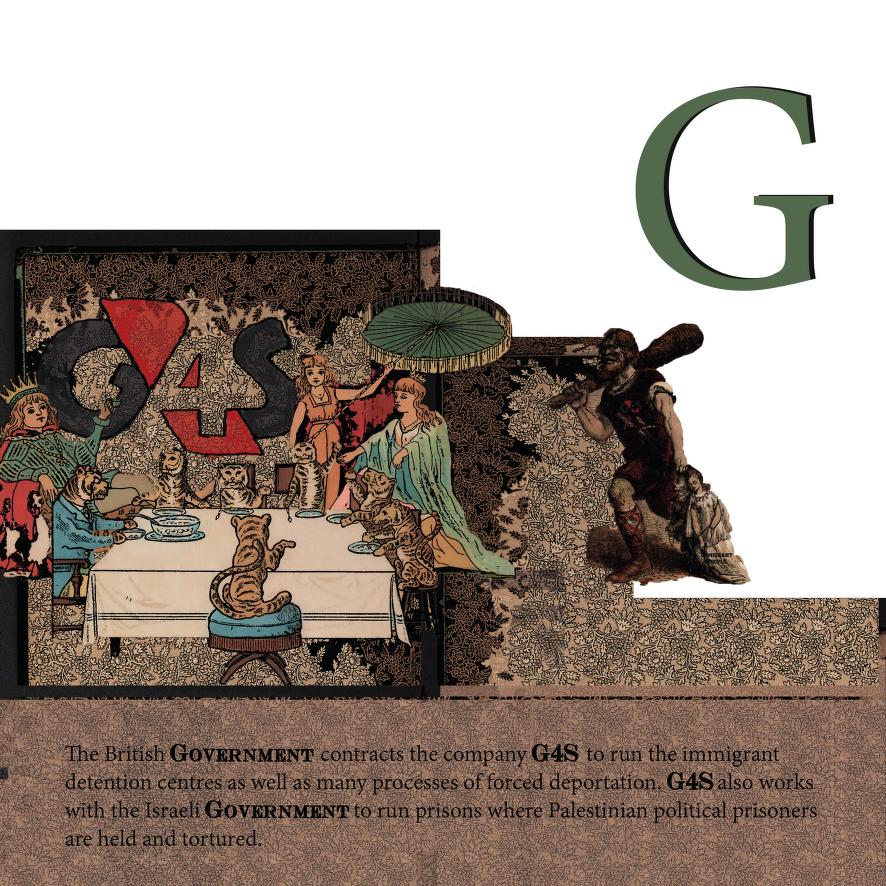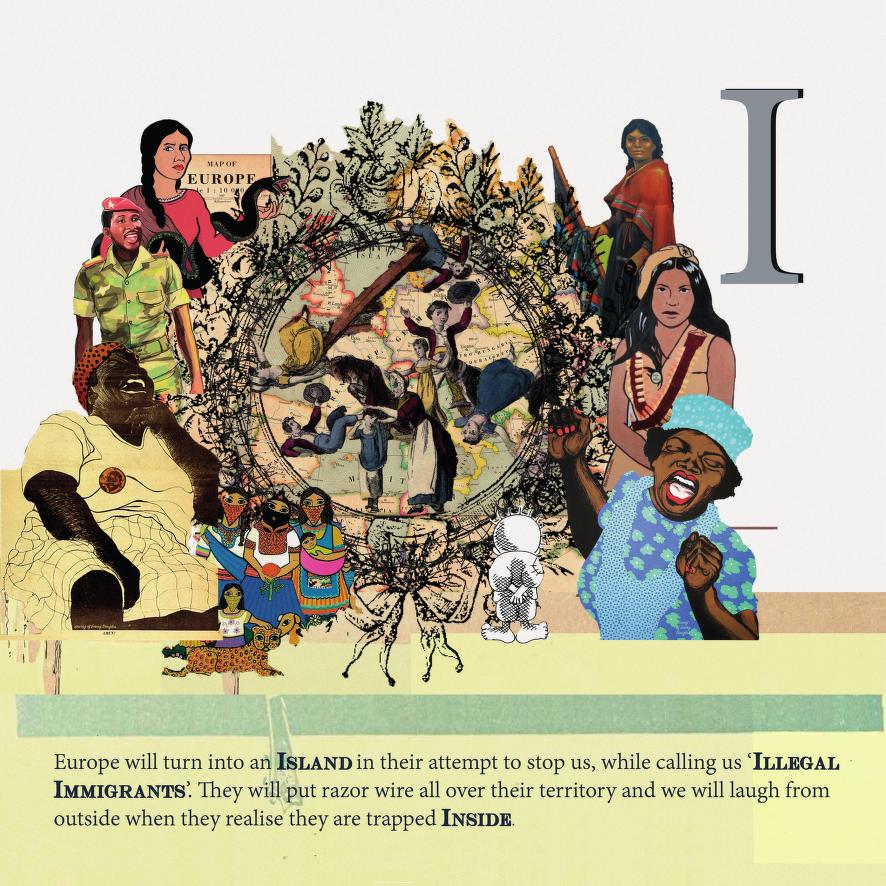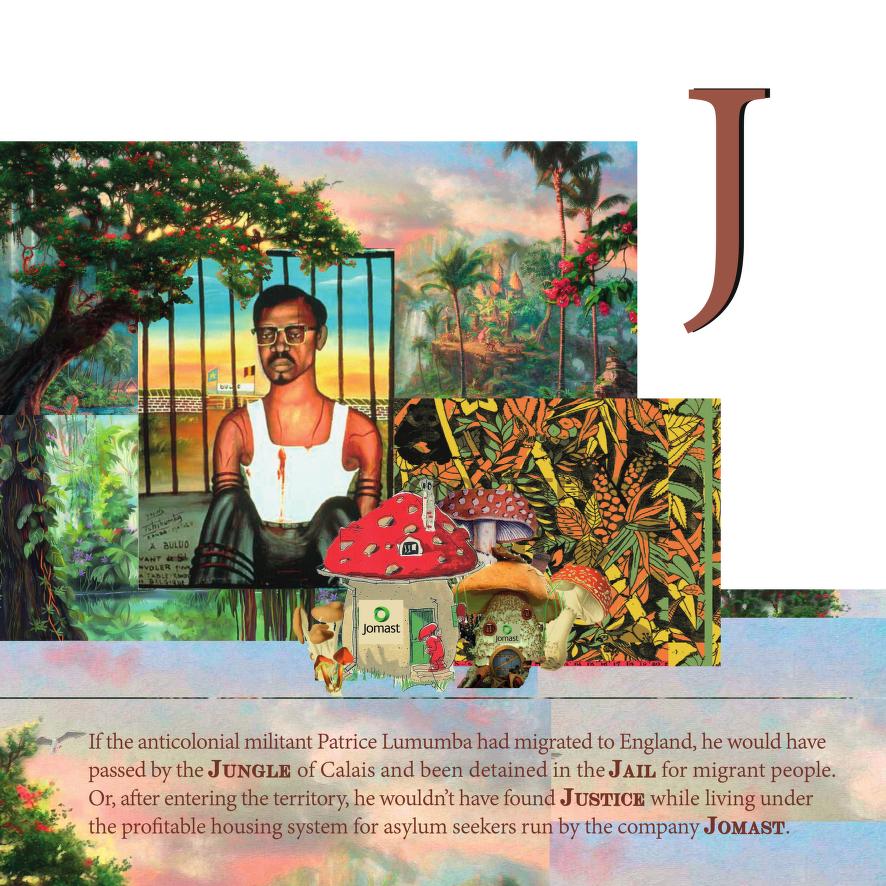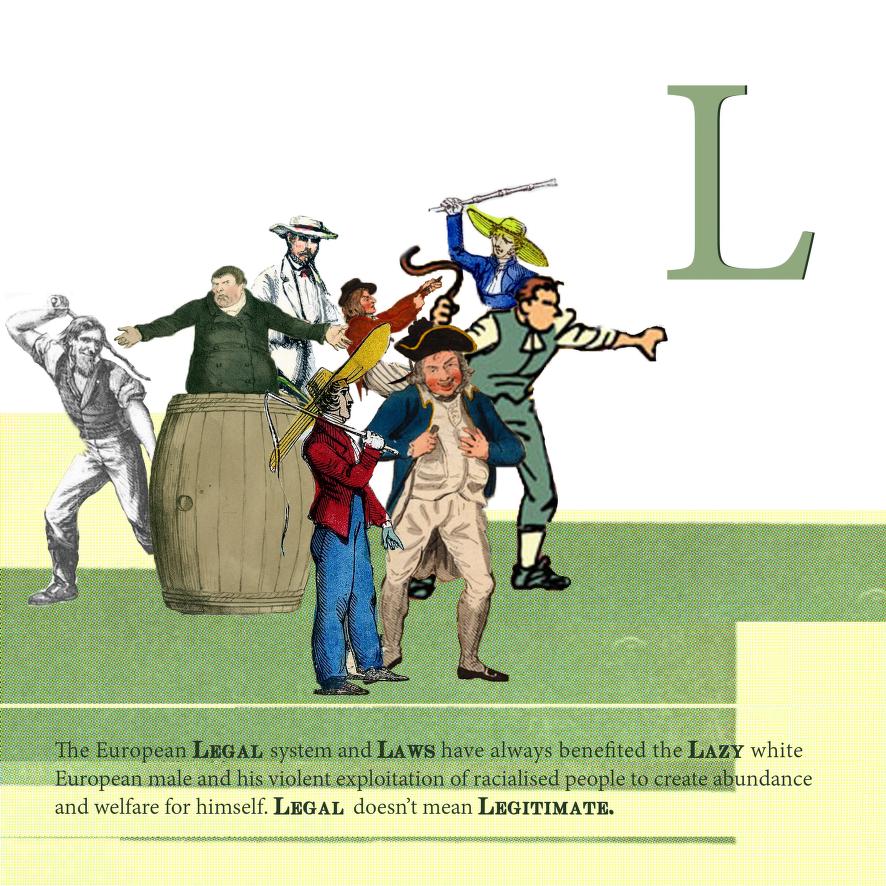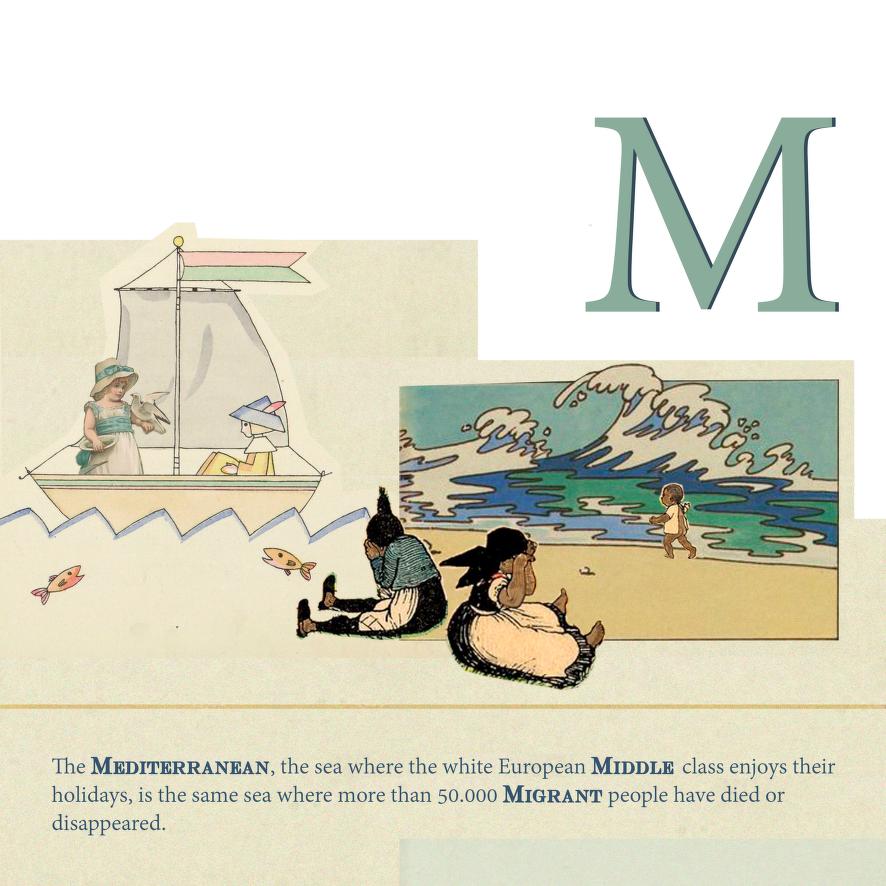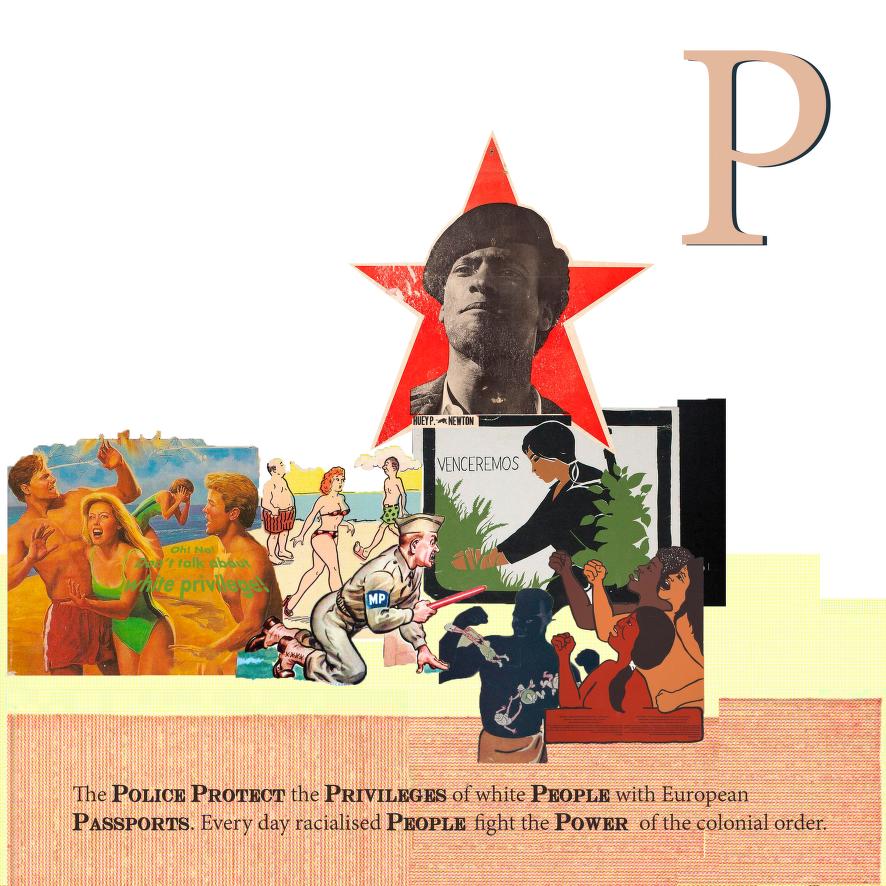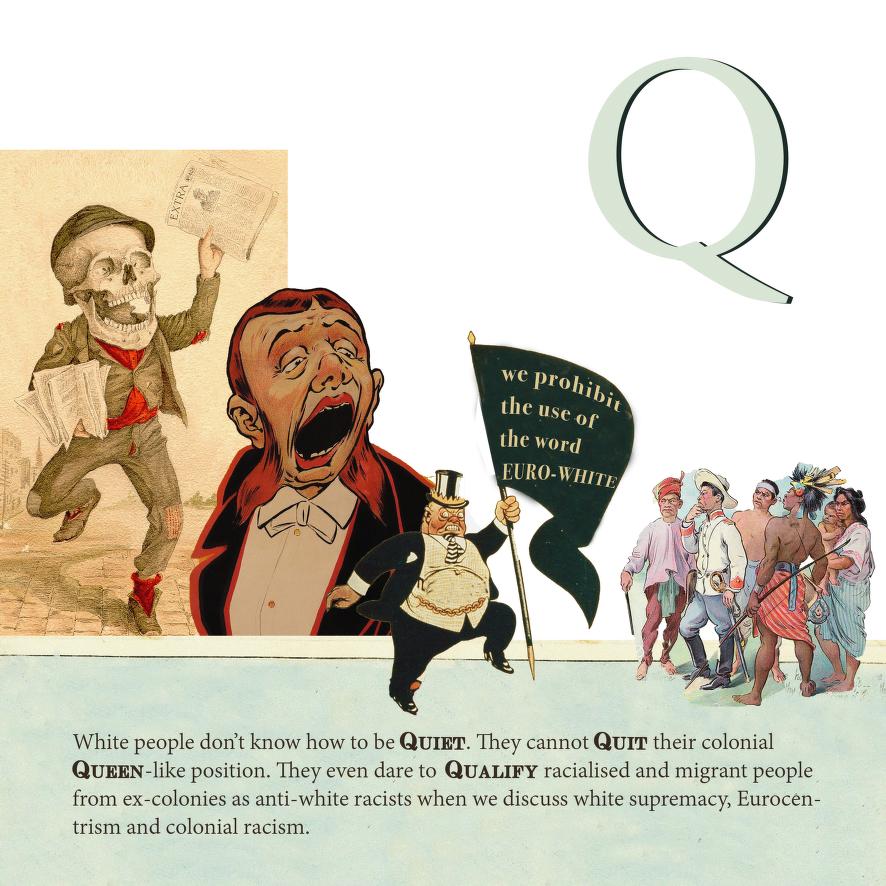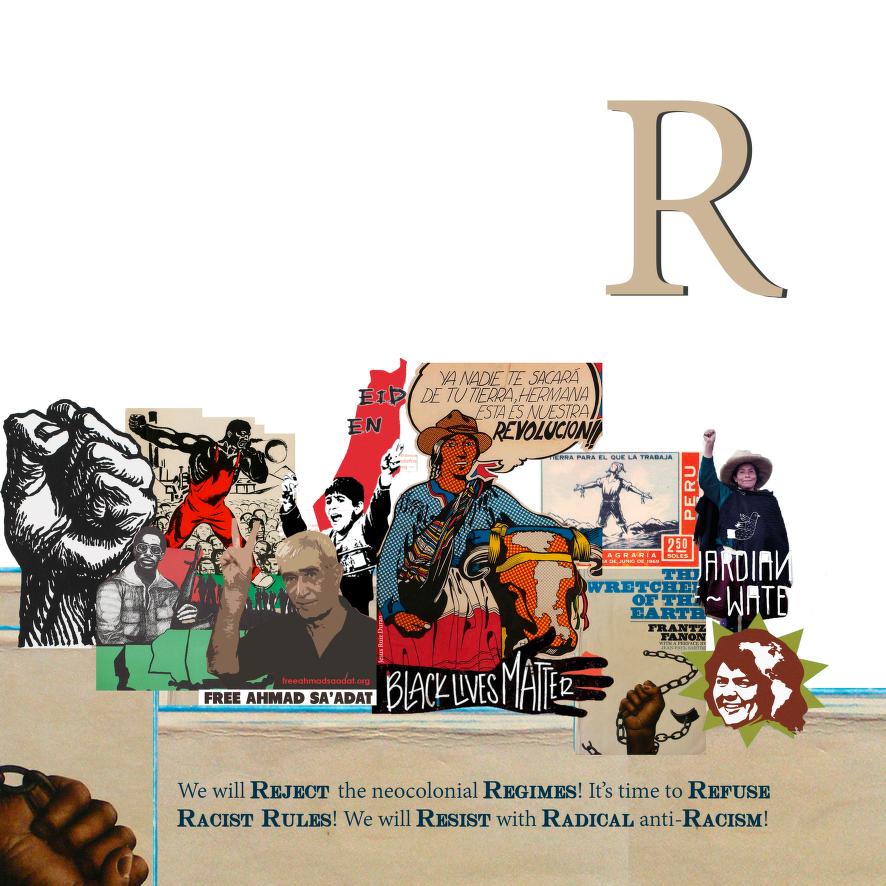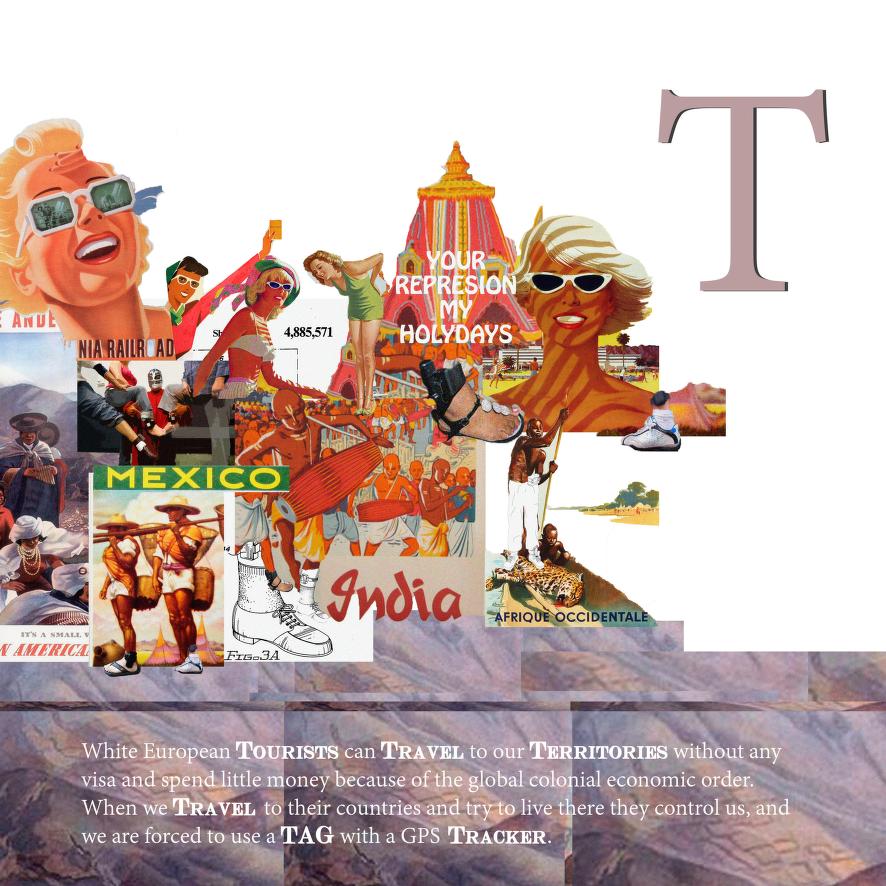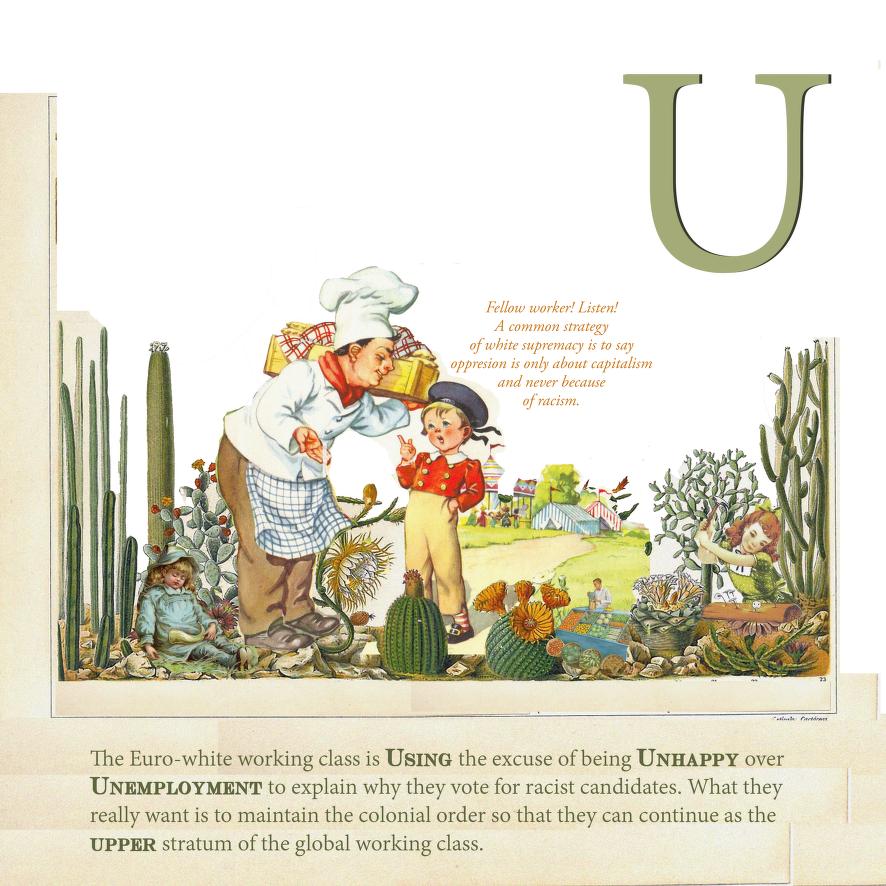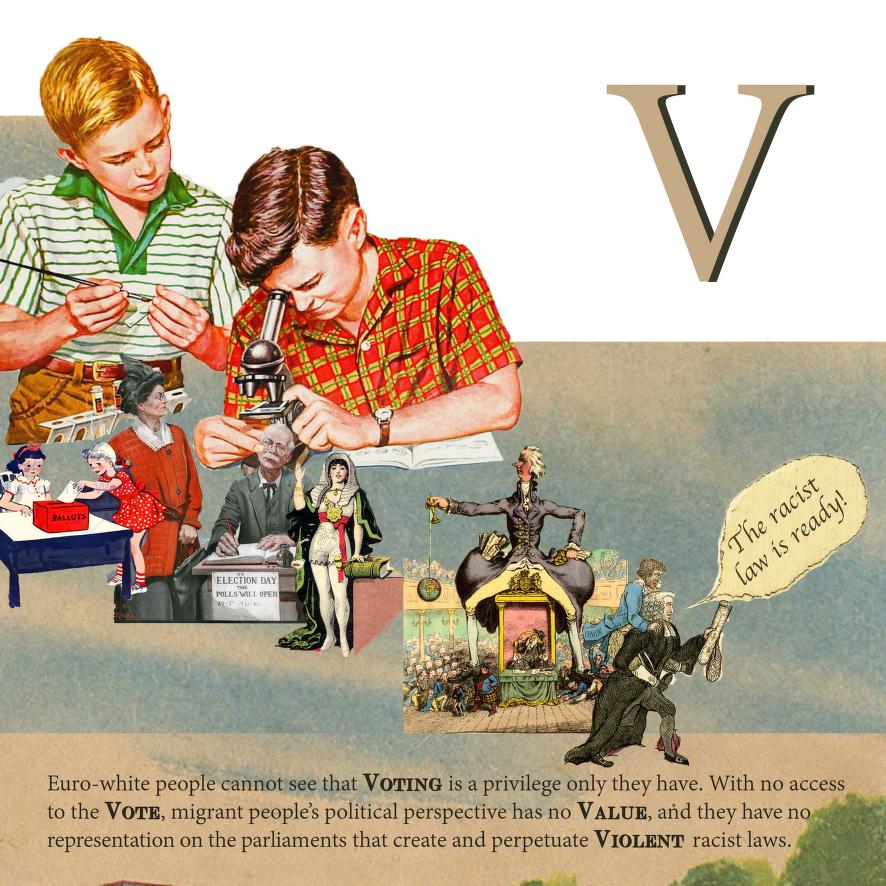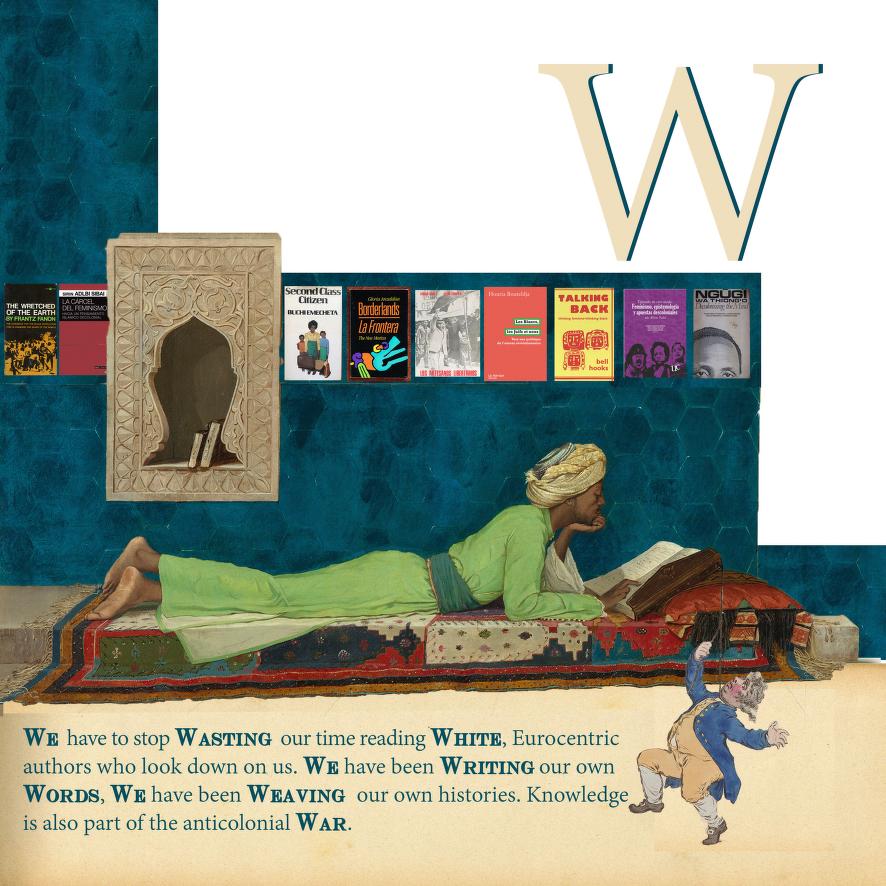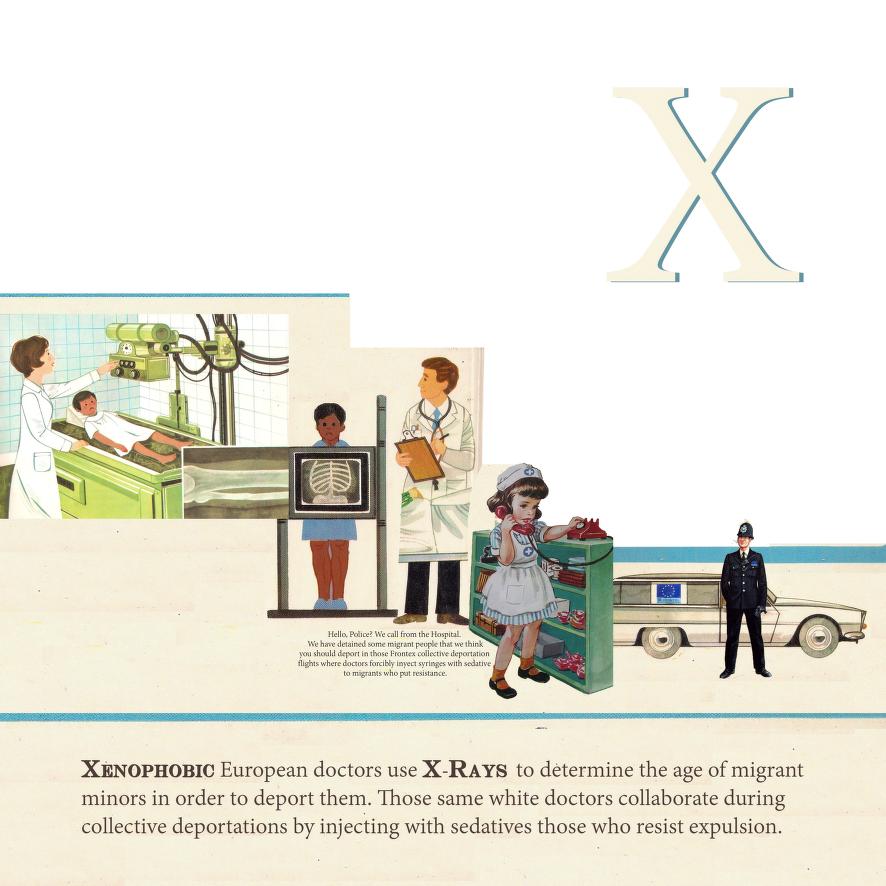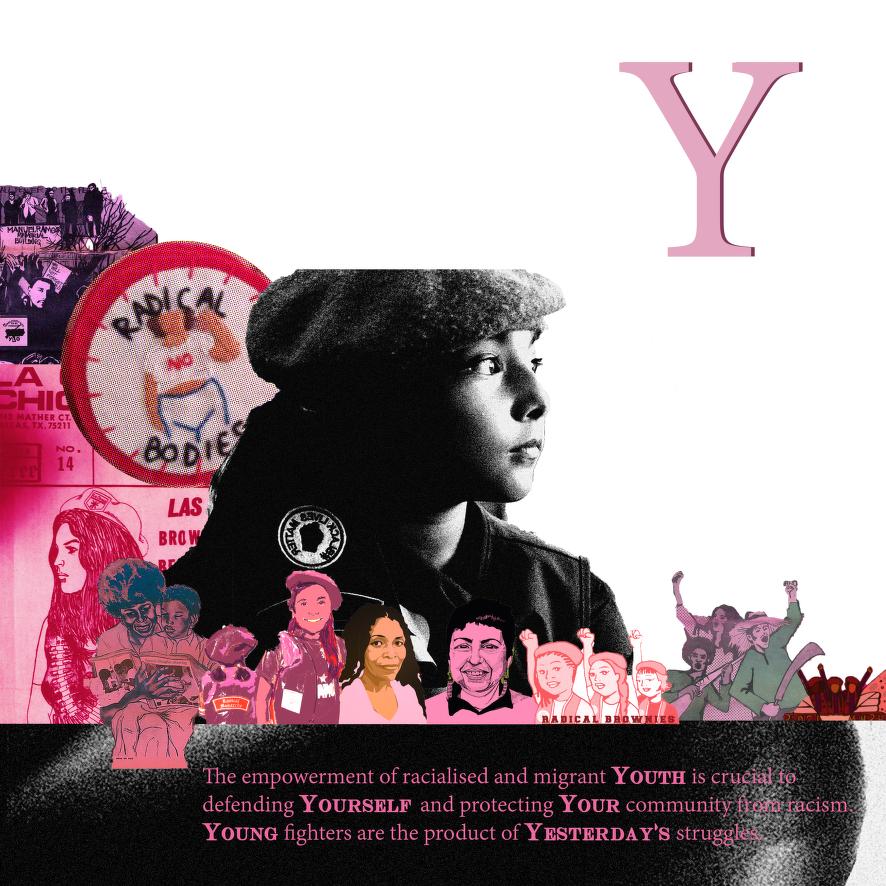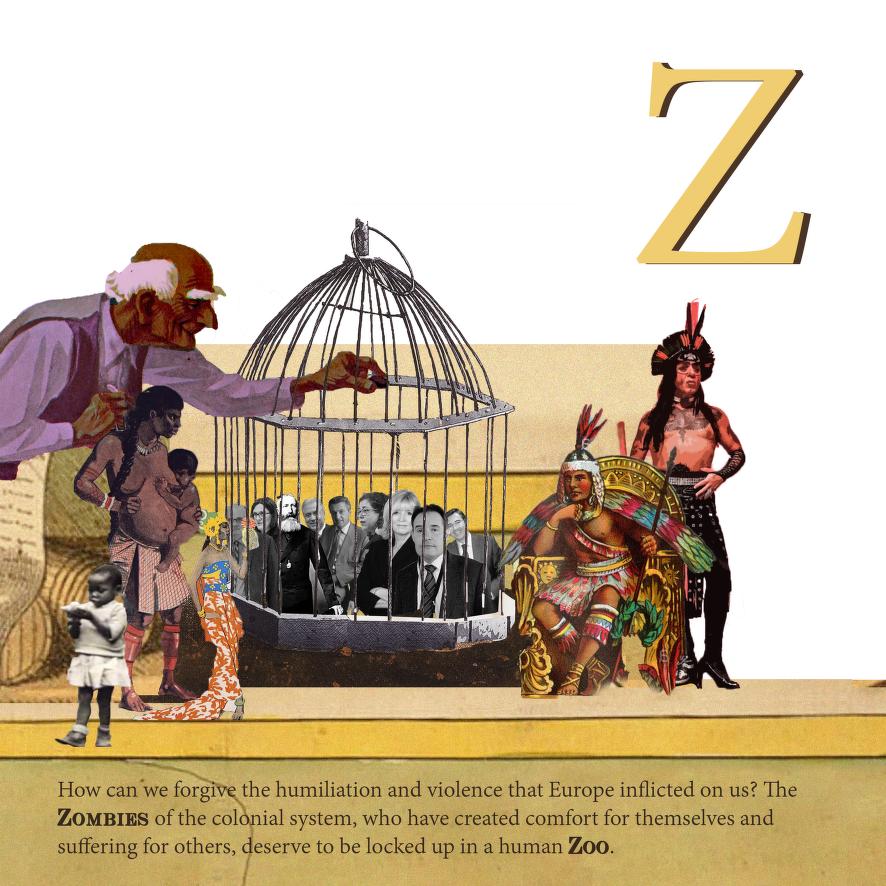We were asked a number of questions related to the protests taking place in Serbia’s capital, by the Spanish paper 14milimetros.
Do you think Vucic’s announcement to impose a new quarantine over the weekend has finally made people explode in anger? The protests are not simply against quarantine, they are much more complex.
It is more complex. The protests are the finale of years of protests by various opposition groups, frustrated by the inability to mobilize the numerically superior classes, or, more precisely, by the inability to export their policies outside their own class. Apart from left and right liberals – since Trump came to power in the USA – another current of that class has been strengthening in our country – the radical (or, at the insistence of the media: “Alt”) right, whose tactics of breaking class barriers consist in spreading conspiracy theories, related to racial and migrant issues, as well as anti-Chinese propaganda in support of American diplomacy. Independent and separate protests of these currents would end in fiasco, and the parliamentary fight did not bear fruit, so it was clear that a silent unification was imminent.
When Vučić announced quarantine this week, members of these options took to the streets again. This, of course, does not mean that there is no widespread popular discontent. On the contrary, we are witnessing a health crisis for which the government is directly responsible because it abruptly abolished protection measures in May, in order to hold parliamentary elections. In addition to using the spring quarantine for the perfidious election campaign, the government also falsified the data on the numbers of infected and dead in order to “return to normal state” before the elections. This led to a near collapse of health care, which logically requires a return to quarantine after the elections have passed.
However, the opposition failed to score on all this, because, in accordance with its ideologies, it advocated the free flow of labor and capital, and often accused the government of stifling civil liberties and damaging the economy with a state of emergency and quarantine. Of course, the further to the right, the crazier, so some even insinuated that the virus does not exist. So, they did not advocate the tightening of health measures and full protection of the working people, the closure of factories, etc., but quite the opposite, which made the complete abolition of measures by the authorities easier. Why is it so? Because the upper classes around the world understand that the greatest burden of the pandemic is borne by poor citizens, while they are relatively protected, have the possibility of comfortable self-isolation, access to better health services, etc. Therefore, they favor their “civil liberties” over the health of the working people.
So, the motives and demands of the demonstrators were and are contrary to the interests of the working people and, as before, addressed the aspirations of the middle and upper classes. The ideological dissensions within that bloc are now giving way to class interest and, consequently, class unity.
Have you taken part in the mobilizations? There has been talk of the presence of multiple groups, from liberals and different groups on the left or even the extreme right and anti-vaccines. The protests, while peaceful, appear to lead to violence caused by a few and plenty of violence by the police. What do you think about it?
It started with the gathering of left-liberal sympathizers from the NDMBG, but the response was not significant. Then the extreme right-wingers and their sympathizers joined, which significantly increased the mass. Then they were spontaneously approached by many other citizens, who cannot be claimed to be members of one of those two options, but are certainly under the influence of those dominant ideologies, and very likely the electorate of the opposition. There are no significant anti-vaccination organizations in Serbia, and these people are mostly members of various political parties, most often the extreme right.
We, of course, did not participate. We are communists. This means that we propagate and conduct politics in the interest of the proletarian classes, not their executioners. Their “freedoms” and “rights” mean nothing to us, because we don’t even own them. We are forced to work and support the entire society despite the pandemic, and we are exposing ourselves to further health risks, so that they can take holidays to Greece and go out on the weekends. In civilized countries (a phrase often used by liberals to refer to the colonialist West) such as China, the state would take care of ceasing production, compensating workers, stimulating small private individuals, and providing effective health care. In a neo-colony like Serbia, we are faced with the eugenic policies of the government and the opposition.
However, not only do our interests not coincide with the interests of that class, but it is impossible for a communist to demonstrate together with the fascists. If we did that, we would lose any right to stand up for their victims, and we would bear the responsibility for spreading and strengthening fascism.
It is true that there were also radical leftists at the protests, but these are the idealist lines with which we have nothing in common. Their significance was certainly negligible. The radical left in Serbia consists of 5-6 organizations with fifteen members each, without greater representation among the masses. It is not difficult for us to admit that we are part of such a marginal group. As in all post-socialist societies, the left is being built from the ashes. This process is mainly characterized by re-branding and invoking those socialist traditions that the colonialist West sees as less “authoritarian”, “non-totalitarian” or harmless. On the contrary, it is our task to make socialism dangerous again.
These lines will copy the patterns from the colonialist metropoles, and at these protests the pattern was the same as during last year’s events in France. If you remember the famous Yellow Vests – the same lines that supported them, support these protests in Serbia. Even then, among the demands of the Yellow Vests were those to stop further migrations from the Middle East and Africa, as well as an increase in the salaries for French imperialist soldiers. Of course, those lines then decided to ignore both racism and pro-imperialism, for the sake of the progressive social demands of the movement. The support of the French left to Yellow vests is easy to explain by the parasitic character of French society, but how to explain the support of Serbian leftists to such a movement? It’s not hard, really. The key is in the class character of the left, which leads to identification with French workers and small private individuals, rather than with the victims of French imperialism and migrants.
Therefore, it can be said that these leftists were quite at home at this week’s protests, regardless of the right-wing character of the protests. Except here we have a different problem. Although they ignore the anti-migrant sentiments, statements and chants of the demonstrators, what buries them even deeper are the iconography and songs of the collaborators with fascism from the Second World War, ubiquitous among the demonstrators. And that damn technology, which records and memorizes everything today.
And, then, what’s left for them to do is spread false narratives about a kind of “neutrality” of the protest, about a “spontaneous gathering of the broad masses” and an open space for competition over the takeover of the protest between the right and the left. In fact, they are selling us the middle class as the “people”, and the interest of that class as the people’s interest. Communists cannot be deceived. We don’t wander in the dark, feeling the wall to find the light switch. We do not call on people to vote for Tsipras or Sanders, and then pretend to be dumb when the former introduces austerity measures and the latter votes for imperialist aggression. We do not call on the people to support the aggression on Libya, Syria, FR Yugoslavia, and then not to take responsibility for the colonial enslavement of those peoples. It is our job to interpret reality correctly and build credibility as an option worth turning to for explanations.
During the recent parliamentary elections, turnout was very low, especially in Belgrade. Do you think that the mobilizations are simply something characteristic of the capital or is it even bigger?
In neo-colonial economies like Serbia, there are obstacles to the accumulation of capital, and they can be simply reduced to three: 1. the limits of the growth of the accumulation fund; 2. transfer of surplus value from the colonies to the metropoles; and 3. irrational use of surplus value. The first two are untouchable and are not questioned by civil and right-wing options. There remains, therefore, a third. Simply put, all political battles are fought over the right to gnaw the colonialist bone. Whoever comes to power acquires the right to collect those crumbs from the colonial table. As awareness – or rather “intuition” – of this grows, voter turnout declines.
And the protests are not specific to a particular region.
If the mobilizations grow and extend, do you think there is a possibility that they will be hijacked by interests that are foreign and superior to the protesters?
Of course, that option always exists. All of the more significant groups at the protest are already being funded from outside: left and right liberals, and the radical right.
What role do you think the EU can take? At times we have seen it critical of Vucic, but most of the time the organization’s stance is passive and even favorable for him to remain in power. Donald Tusk (President of the European People’s Party) openly supported Vucic before the elections. Some sectors in the EU seem to fear the coming to power of an openly Eurosceptic and anti-NATO leader, do you see that as possible or is it unreal?
No. Such a possibility does not exist in the near future. There are organizations in Serbia that are nominally anti-EU/NATO (paradoxically, they are not anti-imperialist), but they are insignificant. These are the so-called “Sovereignists” – that is, followers of the protectionist currents of imperialism – and the extreme right. Both are financially and media-dependent on Western centers of power, so even their views on Kosovo are subject to change in line with Washington directorates.
Most Serbian citizens understand that EU membership brings significant benefits, which can be simply and vulgarly reduced to exercising the right (albeit unequal) to share the super-profits that the EU collects through the mechanisms of structural imperialism, and thus a higher standard of living. The only thing that could cause a change in that mood, and partly in the state policy, is a different historical course of world politics, that is, a faster economic and military rise of the East.
Vučić has nothing to fear when it comes to internal support. By the way, so far he has played a rather comical game (characteristic of populists), and that is to copy and incorporate the target groups of the opposition. In his address to the public the other day, he took a clear counter-stance for the first time. He called them “fascists”, “conspiracy theorists” and publicly stated that he did not want to attack migrants (which makes up a good part of the opposition policies). He thus showed self-confidence and understanding that the people of Serbia mostly do not support racists, as well as that he appreciates the nurturing of the socialist heritage. Bull’s eye.
Of course, there is always the possibility of taking him down by external pressures, if he decides to play too much independence. The EU has over 70% of investments in Serbia. Let them withdraw 20% and we’d be starving. So, we don’t see any wide room for maneuver.
What do you think of the possible agreement with Kosovo on mutual recognition? Kosovo is one of the big problems that has weighed for years on Serbian politics.
Kosovo is Serbia. NATO will leave Serbia, one way or another, someday. We do not have the military power to achieve that, and diplomacy at this stage requires finding a way for the resistance to remain active, but not suicidal. Therefore, in order for the people to recognize compromises (which are necessary in politics) as favorable, care must be taken to leave room for future generations to achieve greater diplomatic and other victories under possibly more favorable conditions. Roughly, as in occupied Northern Ireland.
In a few lines, what path do you think Serbia should take to solve its problems? It doesn’t look like it will end just with Vucic abandoning power.
At the macro level, most of our problems stem from the neo-colonial position imposed on us. So decolonization is now the primary goal. But even if we were to achieve that, it wouldn’t mean solving our problems. If, in the imaginary scenario for now, the socialist option came to power, we would encounter only a number of other problems, such as the organization of national production under transnational capitalism, a partial or complete delinking with the global economy, military, diplomatic and financial pressures, etc. At the micro level, our problems can be reduced to building forces capable of solving problems at the macro level.





